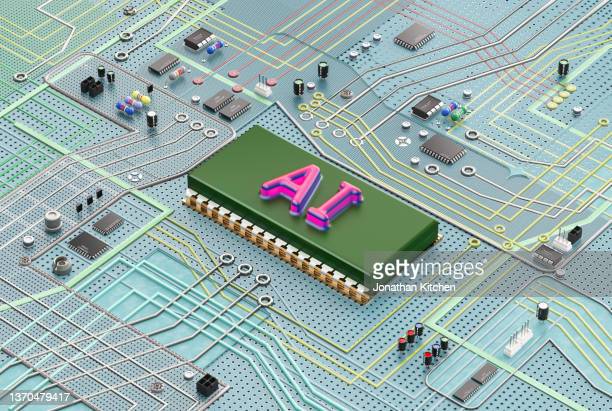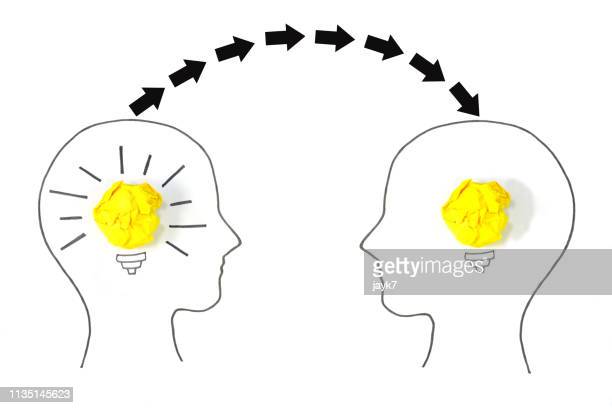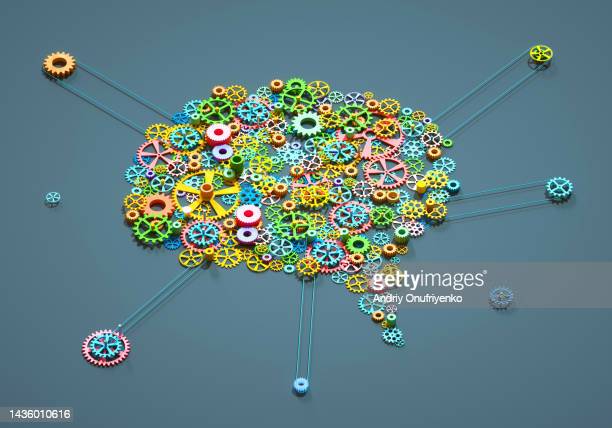
AI-driven precision medicine and predictive analytics combine the power of artificial intelligence, machine learning, and genomic data to revolutionize healthcare. By analyzing vast amounts of patient data, identifying biomarkers, and predicting treatment outcomes, these technologies enable personalized interventions, improve diagnoses, and optimize patient care.

"Transfer learning revolutionizes machine learning by enabling models to leverage knowledge from one task to improve performance on another. It saves time, computational resources, and data requirements, opening doors to breakthroughs in various domains, from computer vision to natural language processing."

The debate surrounding ChatGPT's potential as either a companion or competitor depends on how humans choose to use this technology. Adopting a human-centered approach to its development and use, maintaining human oversight and control, and fostering transparency and accountability can ensure that ChatGPT remains a tool to enhance human life, rather than a replacement for it.

Arun had always thought that he was invincible online. He had never bothered much with cybersecurity measures, figuring that his antivirus software was enough to keep him safe. But that was before the day he lost thousands of dollars because…

Digital detox is a process of intentionally disconnecting from digital devices and platforms to improve one's overall well-being. It involves setting limits on screen time, diversifying content sources, being mindful of consumption, taking breaks, and engaging in active consumption. By incorporating digital detox into our daily lives, we can create a healthy and balanced relationship with technology.

Decentralized social media platforms utilize blockchain technology to create a transparent, secure, and privacy-focused environment. By removing centralized control and giving power back to users, decentralized social media can potentially revolutionize the way we interact and share information online. This emerging technology has the potential to mitigate issues like censorship, data breaches, and algorithmic bias.

Federated learning is a distributed machine learning approach that allows models to be trained on decentralized data sources while preserving data privacy. This technique is particularly useful for applications such as IoT and edge computing, where data is generated by a large number of devices in different locations. Federated learning enables real-time decision-making and more efficient data processing, making it an important tool in the era of big data and IoT.

The development and use of artificial intelligence (AI) is often viewed as a transformative force that could revolutionize society and address pressing global challenges. However, there are also concerns that AI could pose existential risks to humanity, with the potential to fundamentally alter the course of human history in negative ways. This is known as the "existential risk" of AI.

Explainable AI (XAI) is a field of research that seeks to make AI models more transparent and interpretable. By improving the explainability of AI, XAI aims to enhance trust, accountability, and ethical considerations in AI development and deployment. XAI techniques can be applied to a wide range of AI models and applications, including natural language processing, image recognition, and predictive modeling.

The energy consumption of the crypto industry, particularly in the form of mining, has gained significant attention due to its high energy consumption and carbon footprint. While the industry's energy consumption is relatively small compared to other sectors, a holistic approach that considers all sectors is essential to address the climate crisis.

The future of work is rapidly evolving with the introduction of new technologies such as AI, blockchain, and robotics. Remote work and the gig economy are becoming increasingly popular, and in-demand skills are shifting towards technical abilities like data analysis and cybersecurity. Soft skills such as communication and adaptability will remain essential, and upskilling will play a crucial role in staying competitive in the job market.

Blockchain-based supply chain management can enhance transparency, traceability, and accountability in the logistics process. This technology enables secure and real-time data sharing among all parties involved in the supply chain, improving efficiency and reducing costs. Smart contracts, distributed ledgers, and other blockchain solutions can be used to streamline the supply chain and create a sustainable and ethical business model.












